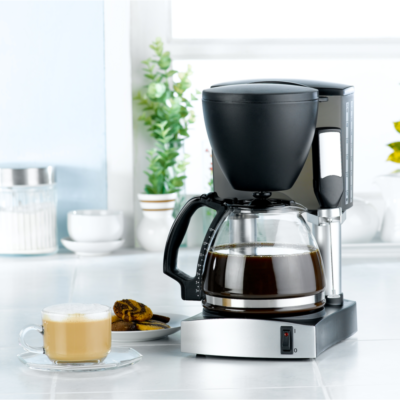
5 Lifestyle Changes to Manage OAB Symptoms
When you are in the middle of a party, and you feel an uncontrollable urge to pee, it can be embarrassing. If this happens often, it could be because you have an overactive bladder. This occurs when the bladder functions are irregular due to which you might feel the need to urinate more often and at unexpected times. Listed below are a few lifestyle changes to manage overactive bladder.
1. Avoid trigger foods
While you should focus on adding more dietary fiber, you should also consider reducing the trigger foods that can increase bladder activity. Spicy foods are major triggers and then there are fizzy drinks and food items loaded with artificial sweeteners. Ensure that you minimize these foods and eventually give up on these food items if you wish to regulate your bladder activity. Too much salt in your diet can also lead to the frequent urge to empty your bladder.
2. Keep a check on your medications
Some medications can make the bladder active. Some anti-inflammatory drugs as well as calcium channel blockers might lead to an overactive bladder. In some, it might also occur in the form of urinary incontinence. Some antidepressants might also have this effect. So, if you have an overactive bladder, talk to your doctor so that a suitable drug can be prescribed such that it does not aggravate bladder activity.
3. Exercises for the pelvic floor
Kegels are the most popular pelvic floor exercises that can be performed anytime anywhere. These help in strengthening the muscles that control bladder activity. Regularly following kegel exercises can provide a long-term solution for poor bladder control in women with overactive bladder.
4. Work on maintaining a healthy weight
Maintaining a healthy weight is one of the main lifestyle changes to manage overactive bladder. People who are overweight, especially men and women with excess fat in the abdominal region, might have an overactive bladder as the added weight puts unwanted pressure on the bladder.
5. Avoid smoking and drinking
One other serious lifestyle change to incorporate would be to quit smoking and drinking. Alcohol is a major trigger for overactive bladder. All kinds of alcoholic drinks can lead to increased bladder activity even in healthy individuals. So, people with an overactive bladder might notice the symptoms worsening. Smoking habits can lead to urinary incontinence.
You can incorporate these lifestyle changes to manage overactive bladder so that it does not get in the way of your regular activities. Remember that you might start noticing results slowly, but consistency is the key here. Continue your kegel exercises and make sure that you avoid trigger foods that can worsen your bladder activity.


